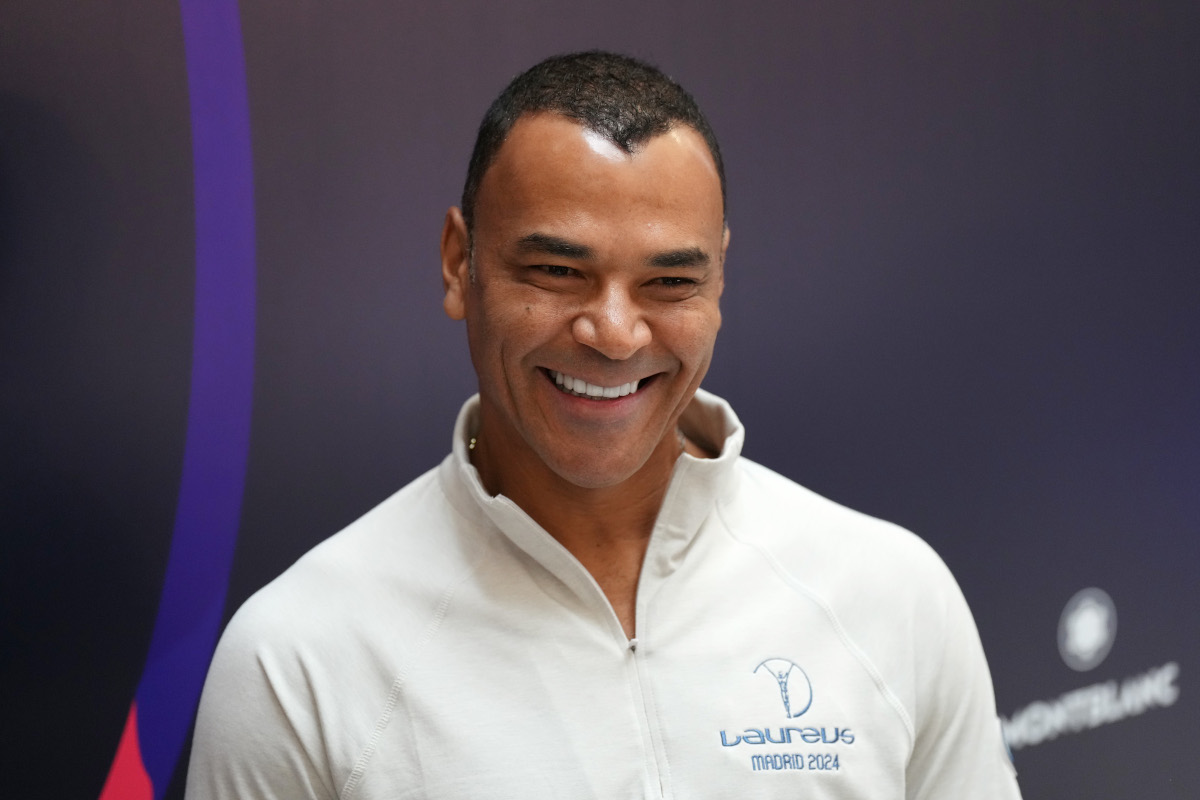
The Supreme Court won’t let Donald Trump remove an ethics watchdog until at least next week as the president and Elon Musk try to gut federal agencies and fire thousands of workers. Friday’s split decision marked the first of what is expected to be many rulings from the nation’s high court involving the administration’s sledgehammer decision-making, which is facing an avalanche of lawsuits alleging an unconstitutional abuse of power. Hampton Dellinger, the top official at the independent U.
S. agency that protects government whistleblowers and enforces ethics rules, sued the administration earlier this month after he received an email from the president simply stating that his role is “terminated, effective immediately.” Dellinger, who leads the Office of Special Counsel , is mounting one of at least three legal challenges from government officials testing the president’s authority to oust the heads of independent agencies.

The Trump administration appealed to the Supreme Court after an appeals court decision on February 15 rejected Trump’s request to override a lower-court order that blocked him from firing Dellinger, who was appointed by former President Joe Biden. The Supreme Court’s brief and unusual ruling on Friday did not grant or deny the relief requested by the Trump administration. Instead, the justices held Trump’s request “in abeyance” — they will let the case play out in the lower court before making a decision.
A hearing in that court is scheduled for February 26. Liberal Justices Sonia Sotomayor and Ketanji Brown Jackson noted that they would have denied Trump's request. Conservative Justices Neil Gorsuch and Justice Clarence Thomas would have granted it.
Gorsuch claimed that the lower-court judge “effectively commanded the president and other executive branch officials to recognize and work with someone whom the president sought to remove from office.” Trump’s mass purges, agency shutdowns and attempts to block federal funding, as well as other executive actions targeting transgender Americans and birthright citizenship, have been met with more than three dozen lawsuits from federal workers, state officials, nonprofit groups and civil rights attorneys, among others, across the country. The administration’s request to the Supreme Court arrived one day after Trump wrote what appeared to be a declaration that he does not believe he can break any law .
“He who saves his Country does not violate any Law,” the president wrote on Truth Social and X. Days later, he declared himself “king,” and the White House shared images of the president wearing a crown. “I always abide by the courts, and then I’ll have to appeal it.
But then what he’s done is he’s slowed down the momentum, and it gives crooked people more time to cover up the books,” Trump said from the Oval Office earlier this month. “So yeah, the answer is, I always abide by the courts, always abide by them, and we’ll appeal, but appeals take a long time,” he added. White House press secretary Karoline Leavitt also told reporters this month that the administration “will comply with these orders but it is also the administration's position that we will ultimately be vindicated.
”.















